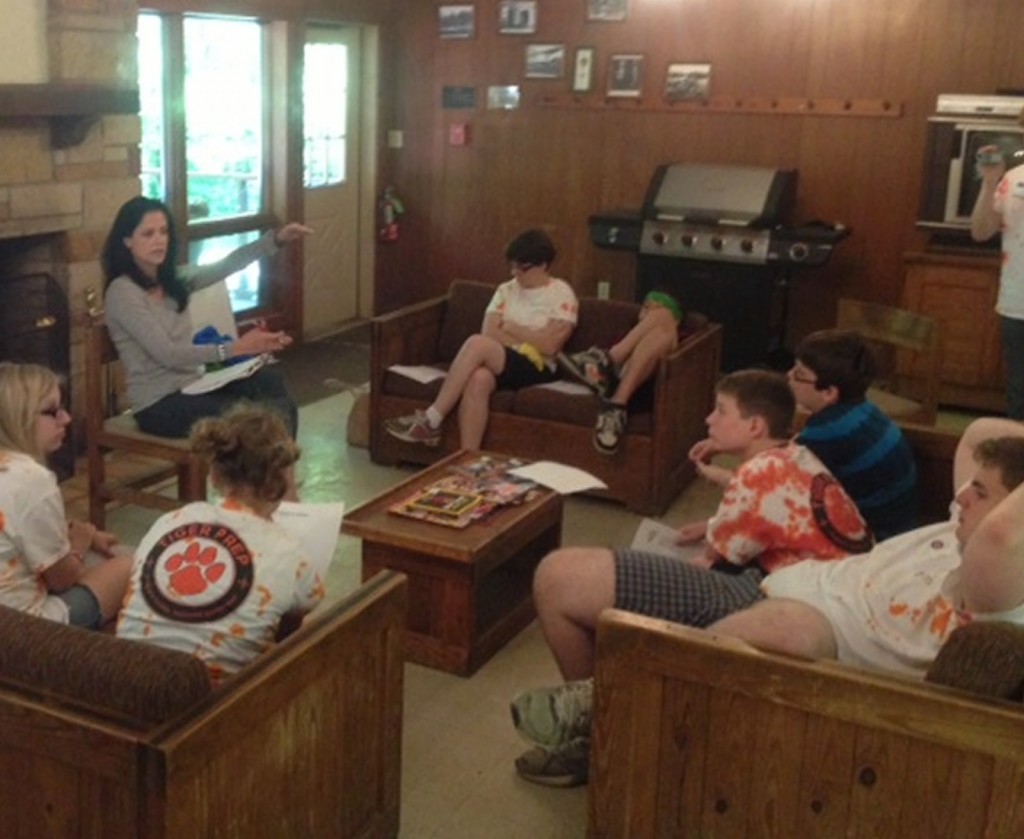
Photo Credit: CBS News
Another day, another cyberbullying, online safety tragedy. This one happened early September 2013 when a beautiful 12 year old – Rebecca Sedwick, died by suicide in Lakeland Florida. She had been the victim of relentless IRL (in real life) and online cyberbullying.
Apparently she dated the wrong girl’s boyfriend. Fourteen year old Guadalupe Shaw bullied Rebecca relentlessly along with FOURTEEN other girls. That’s right, Shaw convinced fourteen other girls to team up against Rebecca. If the mob didn’t comply, they would face the wrath of being bullied themselves. Nice, huh?
The online platforms of choice were: Facebook, Kik, and Ask.fm. If you are a frequent reader of this blog you already know how I feel about Ask.fm. And it bears repeating now: Your child (regardless of age) should never, never, never, never have an Ask.fm profile – ever. Is that clear enough for you?
Consequences? What are those?
And here’s something else which is utterly shocking to me. After Rebecca committed suicide (by jumping off a concrete silo), and after Guadalupe (the alleged ringleader) posted on her Facebook page: “Yes ik [I know] I bullied Rebecca and she killed her self but IDGAF [I don’t give a (f***)], and after Guadalupe was questioned by the police and after she readily admitted to bullying Rebecca….Guadalupe’s parents allowed Guadalupe to keep her phone. Huh?
Polk County Sherrif Judd said:
“I’m aggravated that the parents are not doing what parents should do: after she is questioned and involved in this, why does she even have a device?” Sheriff Judd said. “Parents, who instead of taking that device and smashing it into a thousand pieces in front of that child, say her account was hacked.”
Trust, verify (rinse, repeat)
Let me speak very plainly (!!):
- If as a parent, you are not actively checking which platforms, people, games, and content your child is involved with – you are complicit in the outcome
- If as a parent, you do not create and deliver consequences consistently to your children – you are complicit in the outcome
- If as a parent, you do not educate yourself in HOW to help your child stay safe as well as HOW to prevent brewing your own little Frankenstein-bully – you are complicit in the outcome
- If you are expecting gaming companies and media companies to do your parenting job for you – you are complicit in the outcome
How young is too young?
If you have recently spent any time around a 14 or 15 year old, you will quickly come to the conclusion that young teens are merely taller, hairier 3 year olds. They bounce from topic to topic and app to app looking to engage, or hide – or whatever their impulse du jour is. And this is developmentally appropriate. They are supposed to act like tall, hairy 3 year olds.
Children are still children until they are well into their high school years. They do not have the physical/cognitive/emotional/social maturity which 24-7 connectivity demands. Those skills develop with time and experience.
But it’s hard – blah blah
I recognize that it’s hard to be a parent in the 21st century. And there’s a lot to learn – all the time. I teach Internet Safety for a living and I am constantly learning the new and nauseating ways children get themselves into trouble. But you have *no choice* as a parent.
Actually that’s not true; you actually have two choices: 1. Don’t give a device to your child or 2. Give a device to your child and engage in the education and monitoring process.
There is no third choice. Sorry.

 Have you heard the term: “Don’t feed the trolls”? Trolls are online bullies who generally show themselves in the comments section of a website or blog. But they can just as easily be found within your own social media profiles. In fact, younger users of social media may have a large percentage of trolls within their own “friends” and “followers”.
Have you heard the term: “Don’t feed the trolls”? Trolls are online bullies who generally show themselves in the comments section of a website or blog. But they can just as easily be found within your own social media profiles. In fact, younger users of social media may have a large percentage of trolls within their own “friends” and “followers”. It’s not often that I offer a big “WELL DONE” to high school or college athletics in connection with a story about bullying of any kind. This might be the first time….hopefully not the last….
It’s not often that I offer a big “WELL DONE” to high school or college athletics in connection with a story about bullying of any kind. This might be the first time….hopefully not the last….